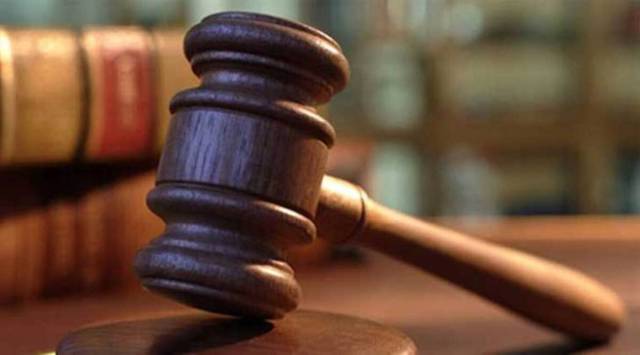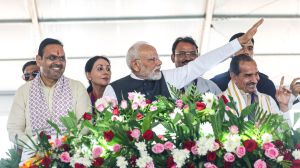Court says journalists not exempt from disclosing sources to investigating agencies
It said that further "enquiry is required to be conducted from the concerned journalists on the aspect of their respective sources from whom they received the purported impugned forged documents which became the basis of their respective news items”.
 The court said the investigating agency can always bring to the notice of journalists concerned the requirement of disclosure of source being essential and vital to investigation proceedings. (Representational/File)
The court said the investigating agency can always bring to the notice of journalists concerned the requirement of disclosure of source being essential and vital to investigation proceedings. (Representational/File) A Delhi court Tuesday said there is “no statutory exemption in India to journalists from disclosing their sources to investigating agencies”.
Chief Metropolitan Magistrate Anjani Mahajan at Patiala House Court made the observations while rejecting a closure report filed by the CBI, which was tasked with investigating how certain news channels and a newspaper had aired and published reports related to a disproportionate assets case against late Mulayam Singh Yadav and his family members on February 9, 2009, a day prior to the scheduled date of hearing in the Supreme Court.
The Supreme Court had directed the CBI to conduct a preliminary enquiry into the assets acquired by Singh and his family members following a writ petition filed by lawyer Vishwanath Chaturvedi in 2005.
A preliminary enquiry was registered on March 5, 2007. A status report based on the evidence collected was prepared and placed in two sealed cover envelopes before the Supreme Court. While proceedings were pending for final adjudication before the Supreme Court, a day before the scheduled hearing, the Times of India published a news article captioned, ‘CBI may admit Mulayam was framed’.
It was also aired on electronic media, Star News and CNN-IBN, court records stated. Following this, a complaint was filed by the CBI stating that “unknown persons during the year 2008-2009 entered into criminal conspiracy and with the intent to commit forgery for the purpose of harming the reputation of the CBI”.
In its final report, the CBI had contended that the “documents used by news channel were forged” but it could not be established who forged the documents since the “users of the forged documents did not disclose their source, therefore there is no sufficient material/evidence to prove the criminal conspiracy”.
Chaturvedi filed a protest petition before the CMM asking it to reject the final report, submitting that “if the final report is accepted, real culprits will go scot-free even though they have committed serious offences”. CMM Mahajan perused the untraced report filed by the agency and said “the CBI has not chosen to take the investigation to its logical conclusion”.
“Merely because the concerned journalists denied to reveal their respective sources, as stated in the final report, the investigating agency should not have put a halt to the entire investigation. There is no statutory exemption in India to journalists from disclosing their sources to investigating agencies, moreso where such disclosure is necessary for the purpose of aiding and assisting in investigation of a criminal case,” the court said.
The court said the investigating agency can always bring to the notice of journalists concerned the requirement of disclosure of source being essential and vital to investigation proceedings.
“The investigating agency is fully equipped under the IPC and CrPC to require the public persons to mandatorily join in an investigation where the investigating agency is of the opinion that such public persons are privy to any facts or circumstances pertaining to the case under investigation and public persons are under a legal duty to so join the investigation,” the court said.
The CBI had submitted that during investigation, relevant documents were requisitioned from the news channels concerned but they had not given any document on which their news reports were based.
However, the court said that the CBI is “well within its power to direct the concerned journalists/news agencies by way of notices u/s 91 CrPC etc to provide the required information and bring to their notice the requisite facts of the case warranting disclosure of the information as per law”.
It said that further “enquiry is required to be conducted from the concerned journalists on the aspect of their respective sources from whom they received the purported impugned forged documents which became the basis of their respective news items”.
It said that based on such information, the identities of the culprits who entered into the alleged criminal conspiracy could be found and probed.







